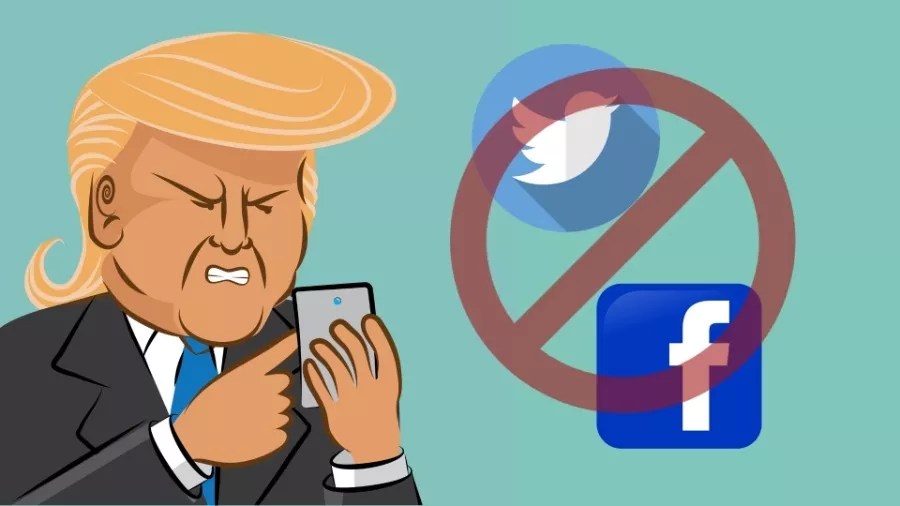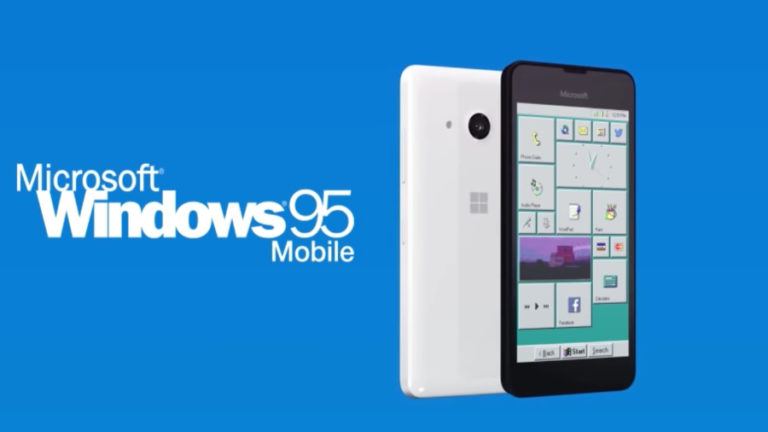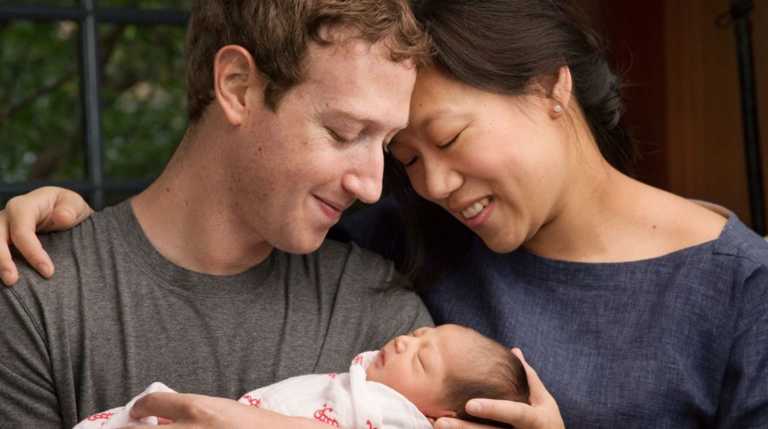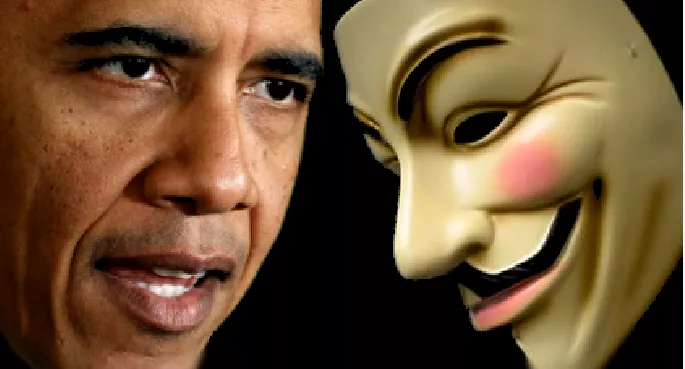Politicians Cannot Block Critics On Social Media: US Appeals Court

An appeal court in the U.S. has ruled that politicians cannot block their critics on social media platforms. This decision can affect the likes of politicians such as Donald Trump who is also involved in a similar case.
It started with a lawsuit filed in 2016 by Brian Davison against the Board of Supervisors Chair, Phyllis Randall, for banning him from posting Facebook comments, which accused members of the county school board of having conflicts of interest.
Davison won the lawsuit, and Randall appealed. Following which, the U.S. Court of Appeals for the Fourth Circuit announced a decision on Monday. It ruled the blocking of social media critics by politicians as a violation of the constitution.
“Put simply, Randall unconstitutionally sought to ‘suppress’ Davison’s opinion that there was corruption on the School Board,” said Circuit Judge James Wynn for the three-judge panel.
How does this affect the U.S. president?
Donald Trump became the focal point of a ruling in May 2018 when U.S. District Court Judge Naomi Buchwald also ruled that Trump’s blocking of his critics on Twitter “constitutes viewpoint discrimination that violates the First Amendment.”
The Department of Justice, representing the president, has appealed for the ruling by Judge Buchwald.
In the latest ruling, Circuit Court Judge Barbara Keenan expressed a similar opinion where she mentioned the president’s case and urged the U.S. Supreme Court to “consider further the reach of the First Amendment in the context of social media.”
Also Read: 78-Year-Old Man Robbed Of “50 Years Of Savings” Via SIM Swap Scam






